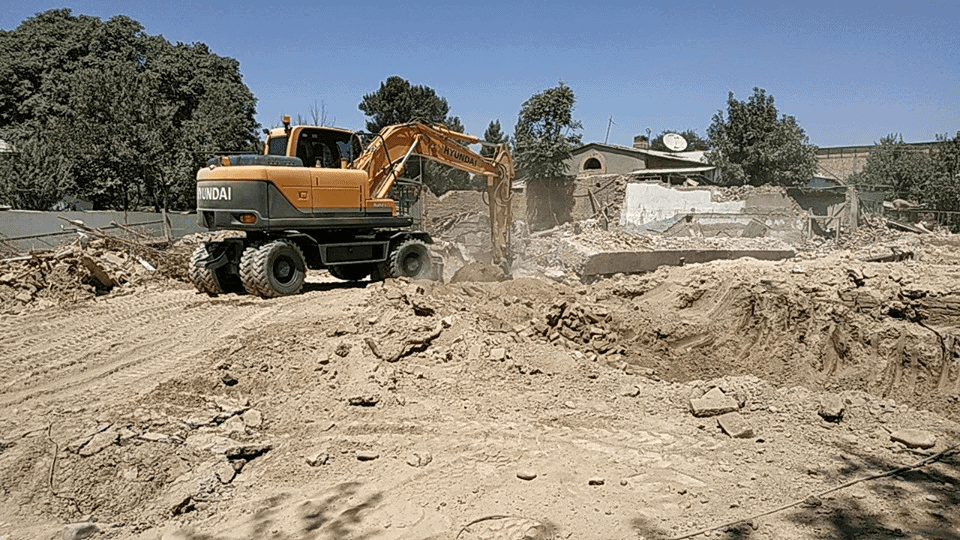Hearings were held in the lower house of Parliament, during which the fate of the houses to be renovated or demolished was determined. 35 000 multistorey buildings in Uzbekistan do not meet modern seismic and energy standards.
Deputy Minister of Construction Shukhratkhuzha Khashimov told the deputies that after the completion of the technical inspection, it is planned to demolish all multistorey seismically unstable houses. “In the houses that will not be demolished, they will conduct an energy audit,” he emphasized.
From the inventory carried out by design organizations, it follows that most of the multistorey buildings in Uzbekistan were built before 1990, while 20 622 houses are in need of repair. Journalist Sergei Ezhkov believes that, taking into account the prevailing practice, the volumes of so-called emergency housing to be liquidated will increase in proportion to the increase in appetites of countless construction companies of obscure origin.
First of all, the demolition will affect multistorey housing in the center of the capital, constructed after the earthquake of 1966. Experts believe that under the pretext of renovation, in the near future residents of Ц-4 and Ц-5 massifs in the center of Tashkent will lose their apartments, after which large-scale housing construction will continue along the so-called “presidential highway”.
In late August, Tashkent City Hall signed the agreement with the Indian company Minerva World of Knowledge, under which it is planned to invest $500 million in housing construction. Parliamentary hearings, for future investors, were more timely than ever.
The Prosecutor General’s office and the Ministry of Justice, together with other departments, are now studying all the regulatory legal acts adopted in 2018-2019 in the field of construction. It is planned to carry out an inventory of documentation and organize an appropriate legal examination. Thus, the authorities intend to reduce the intensity of public discontent after a large-scale campaign of illegal house demolitions throughout the Republic.
As for the upcoming renovation, there are great opportunities for corruption, which the deputies preferred not to talk about. Unfortunately, as the Prosecutor General’s office of Uzbekistan said, there is no specific methodology for determining the level of corruption in a particular area, but according to many experts and organizations, the construction sector is the most corrupt.
For the administrator of the Facebook group “Tashkent-Demolition” Farida Sharif, the statement about the emergency condition of hundreds of multistorey buildings and the non-compliance with the seismic standards of many thousands of multistorey buildings was overwhelming. In her commentary to ACCA, she noted “the authorities should publish a list of these houses and some documents about the examination; information about who, how, when and where did the examination, as well as what kind of methods were used for the examination. Have seismologists, independent architects and construction specialists been involved? Without open data, any building can subsequently be declared damaged. Some interest in such statements is evidenced by the conclusion on the replacement of windows in houses. It is clear whose sail is inflated by the wind. Naturally, these statements, not supported by real documents, are in the hands of all developers. It’s a great justification for capturing “interesting” plots of land”.







Leave feedback about this